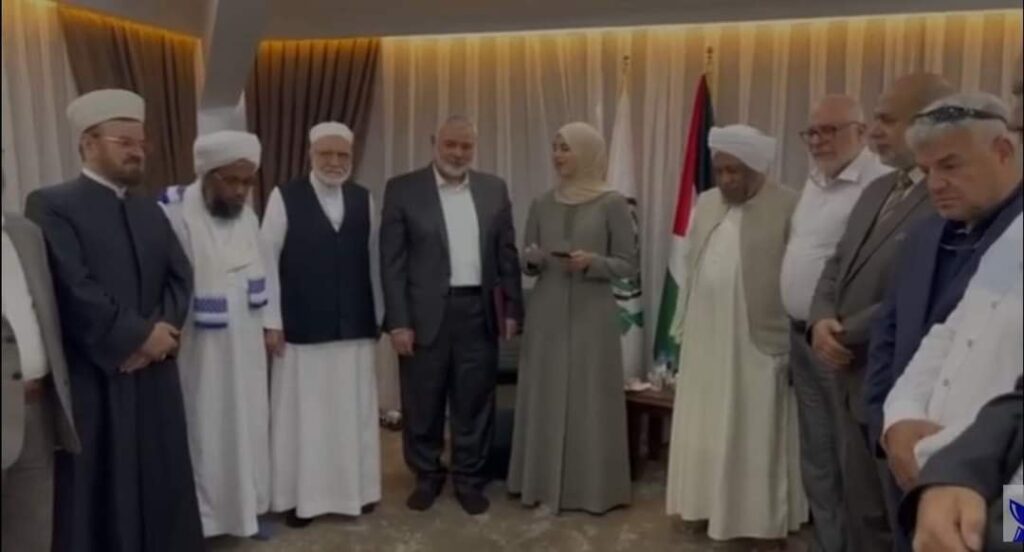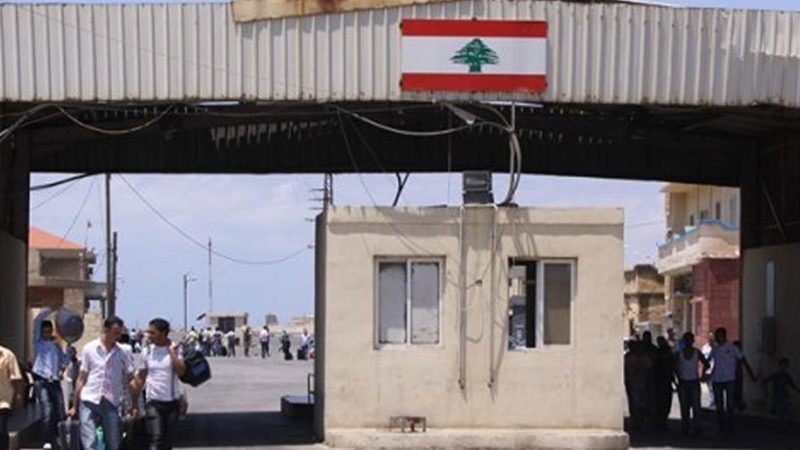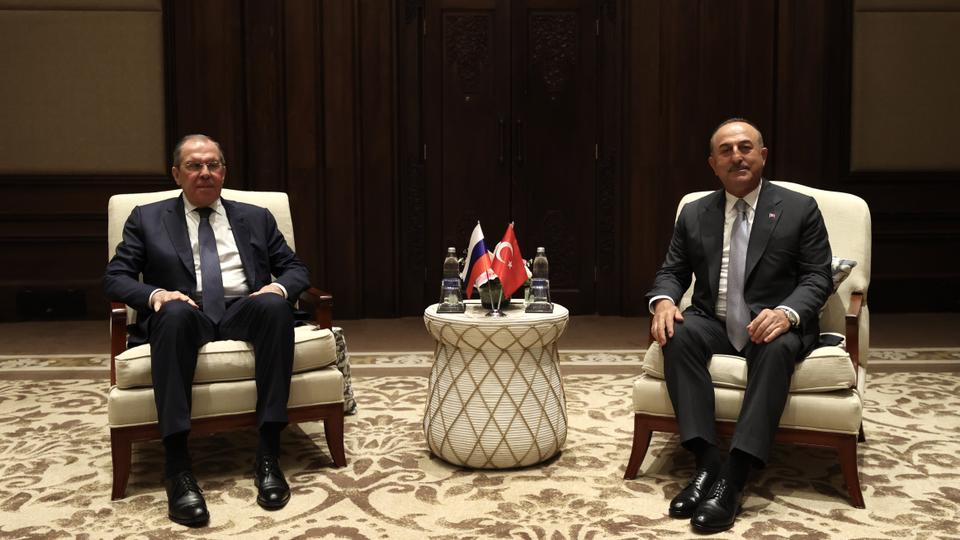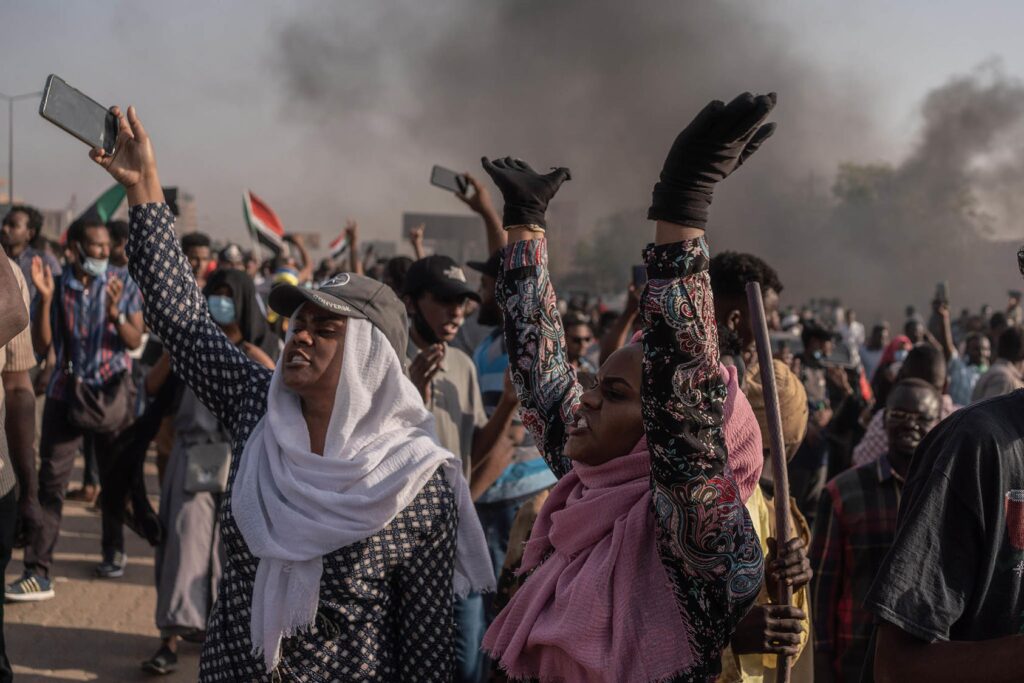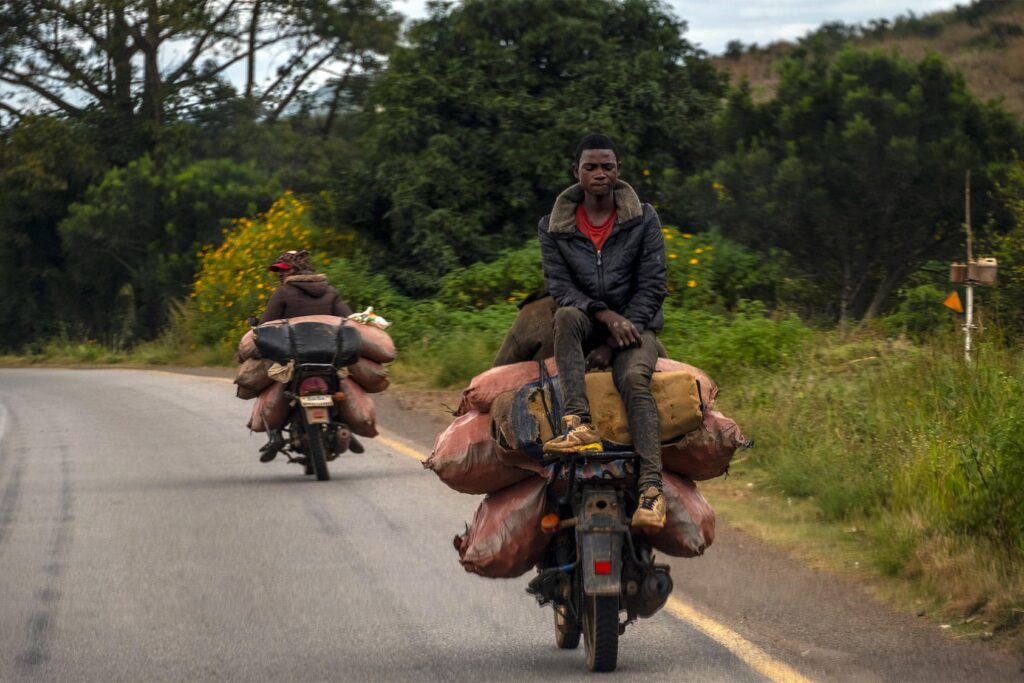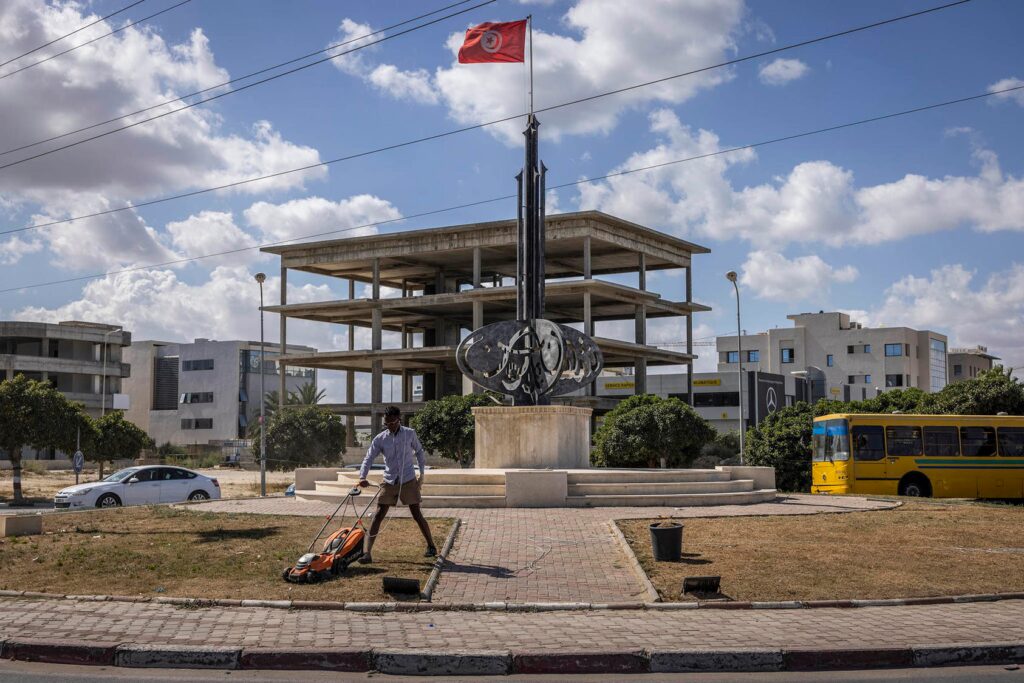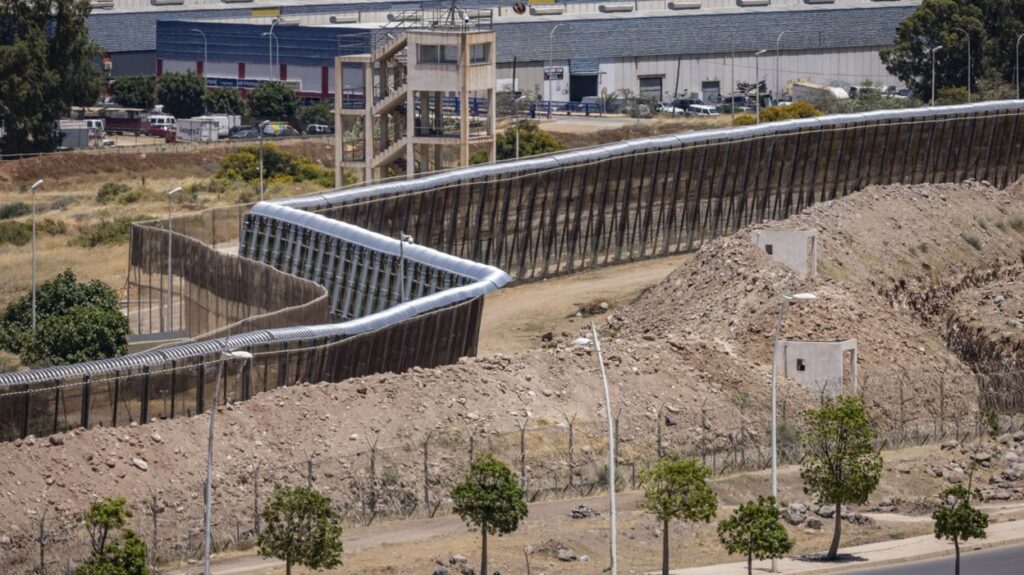Israel Targets Iranian Cells in Golan, Kills Hezbollah Operatives
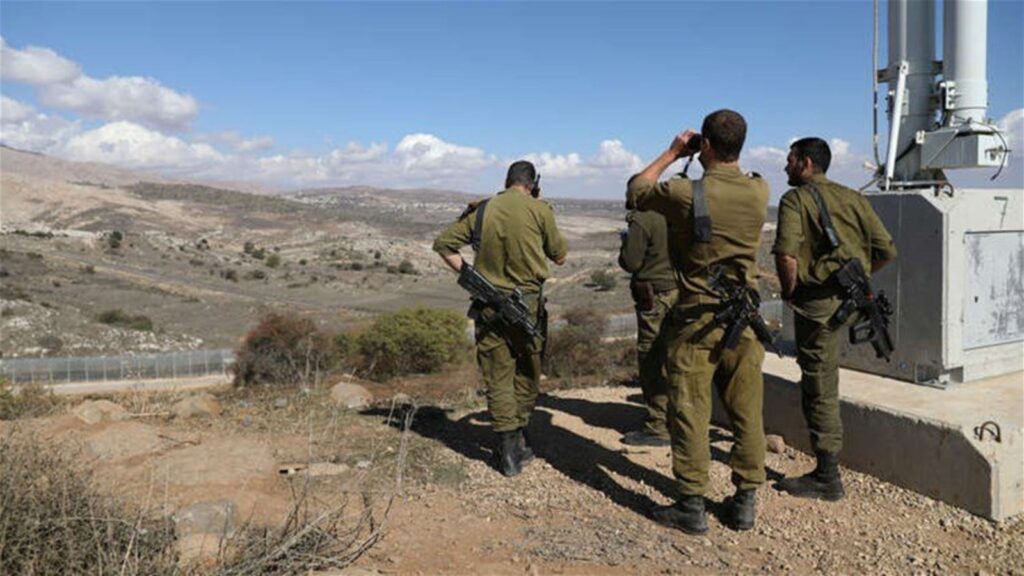
An Israeli drone targeted a leader close to Lebanon’s Hezbollah in the town of Hader, according to al-Souria Net.
On Wednesday, an Israeli drone targeted a leader close to Lebanon’s Hezbollah in the town of Hader in the northern countryside of Quneitra, Israeli media reported.

